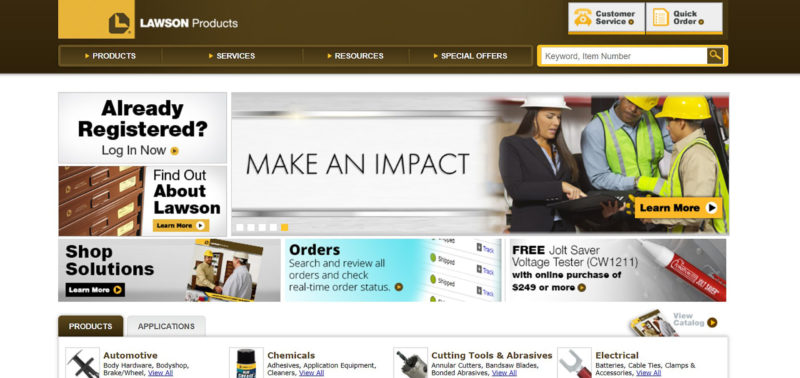To continue reading this article you must be a paid subscriber.
Subscribe to MDMAlready Subscribed? Click here to log-in | Forgot your password?
Related Posts
-
The company reported profit of $12.5 million, compared to $4.1 million in the same period…
-
Full-year sales grew 6% to $370.8 million.
-
The company reported profit of $12.5 million, compared to $4.1 million in the same period…



